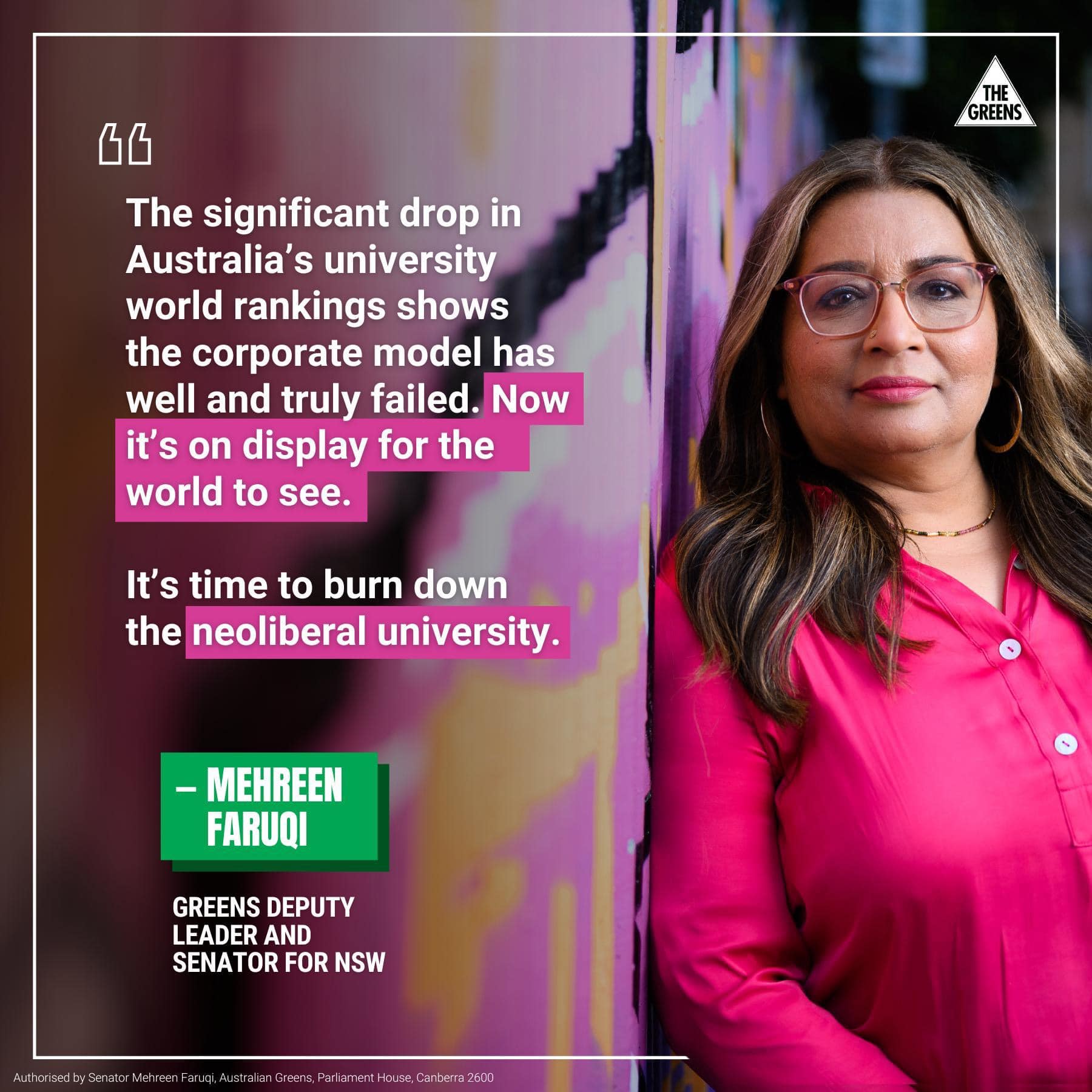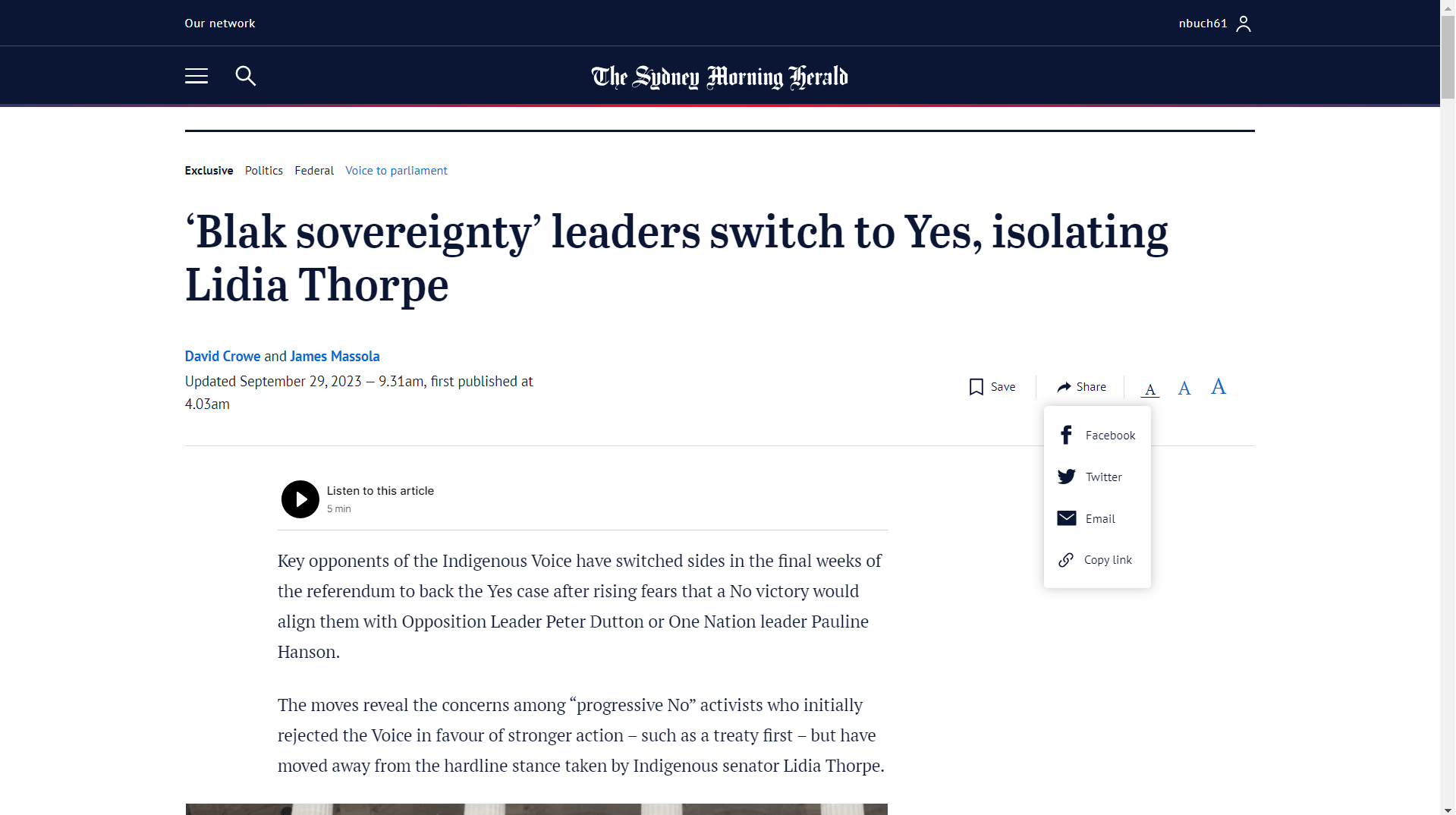“Oxford University’s Professor of Higher Education Simon Marginson said he disliked the Times rankings because there was no rationale for the mix and ratio of the weightings. Meanwhile, he said survey responses from academics were subjective and often unduly amplified some trends.”
“University of Melbourne Professor Michael Wesley, who this year wrote a book Mind of the Nation: Universities in Australian Life, cautioned that within Australia, a high ranking was not necessarily a proxy for a good education.”
Christopher Harris, Top Australian universities slide down world rankings, The Sydney Morning Herald, September 28, 2023 — 4.57am, https://www.smh.com.au/national/nsw/top-australian-universities-slide-down-world-rankings-20230926-p5e7po.html
Professors Simon Marginson and Michael Wesley are correct in their assessments for the current thinking of “competition-as-rankings”.
A decade and a few years more ago, I had the curse to have to analyse the different global ranking systems, with colleagues, and my job was to communicate the findings as to what it said about the University of Melbourne, in a generic sense. I do not think I was successful, for what I now know as faulty thinking, as epistemology, and which is generally and foolishly accepted in the world of Australian universities.
The epistemic issue is an obsession in the concept of competition. In the business world, competition trumps other considerations, and this is what has been eroding our social relations, globally, regionally, and locally. The criticism here is the epistemological inference of Professors Simon Marginson’s and Michael Wesley’s conclusions. And they are correct, because profit is not the measure of life and existence, nor education, and business bullies who think otherwise are dumb. There is no support in intelligence nor epistemology specifically. And this is the reason why bullying businessmen, and a few businesswomen, want the Federal Government to continue defunding the humanities and social science – de-employing the critics of the cultural-history warriors.
However, one must also recognise that, for the very reason of the obnoxiousness of such “head-kickers”, the Australian business world is fast changing. There is a push for more inclusive-ways of thinking by large and small businesses, and it is achieving better outcomes than the competition principle. And it needs to be welcomed and encouraged for whatever imperfections there might be.
Universities as businesses also must up the pace of reform. In the case of “competition-as-rankings”, there needs to be a realisation that this is machine thinking, the narrow scoping of humans who want to simply calculate, and ride on the ranking to ‘the winner pass the post’ as all that matters. [Swear word deleted] all the other insights from the humanities and social science.
Am I wrong? Well, here is a simple test. Can the university not gloat or otherwise use the flawed rankings for their public relations materials. That is where the moral courage lies.
*****
Dear friends, from my last plea,
I get concerned that the powers-that-be think “my” policy position is “radical”. Nothing can be further from the truth. First, I am saying only something fresh from the field of critical thinking on where the failures are rooted from the neo-liberal policies, and where many other academic critics have demonstrated the failure in the fields of economics and political theory. However, to the key point, this (image featured) is radical compared to my balanced approach:
My policy approach is the same as Noel Pearson’s Voice strategy. There has been too much compromise with the neo-liberal economy in the last 25 years and more. I do not propose to “burn down the neoliberal university”, but simply stop compromising with the big business demands on what the university should deliver.
The historic choice is yours. Keep compromising with one side of politics or stop and rebuild value from the other side (“radical”), or face the overwhelming “radical” backlash.
Kind regards,
Neville.
*****
*****
My point on what is truly “radical” and what is duped, is shown in the reversal of thinking on the No vote for the October 14 election, but pleased that persons can come to their senses on how the political game is made or lost.
I welcome a Yes vote whatever the motivation. It is the balanced solution.
Featured Image: Thinking about Community Education and University. Photo 75687496 / Community Education © Rawpixelimages | Dreamstime.com

University Campus Education Knowledge School Concept
Neville Buch
Latest posts by Neville Buch (see all)
- Dear grossly, ethically, corrupted - December 21, 2024
- Thoughts with a Professional History colleague on “Artificial Intelligence” - December 21, 2024
- Stephanie M. Lee on “AI by omission”, The Chronicle of Higher Education, Thursday, December 19, 2024 - December 20, 2024


